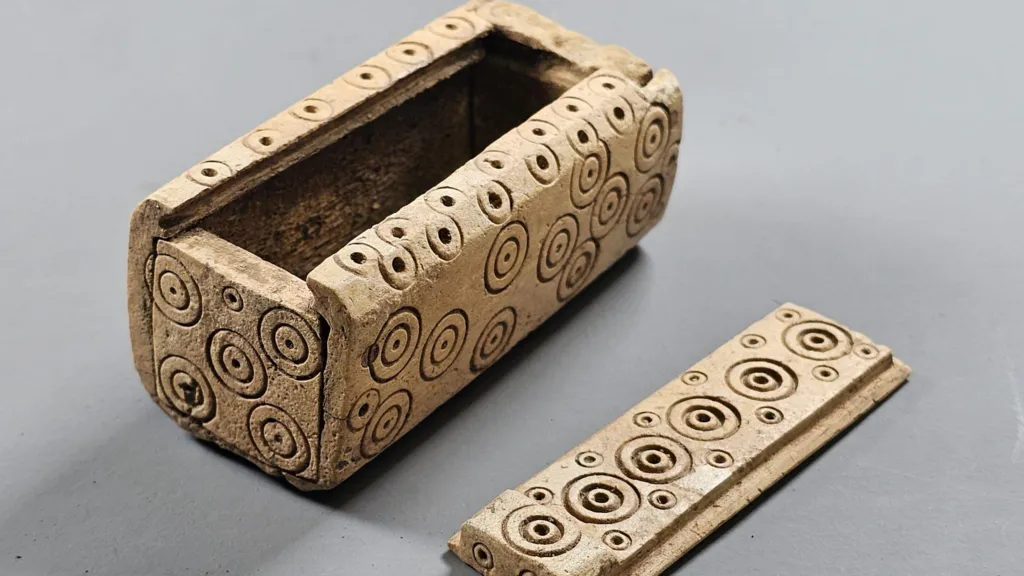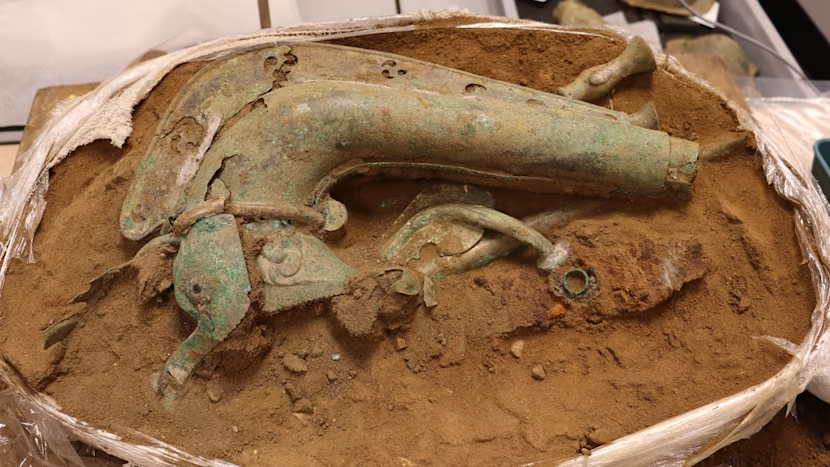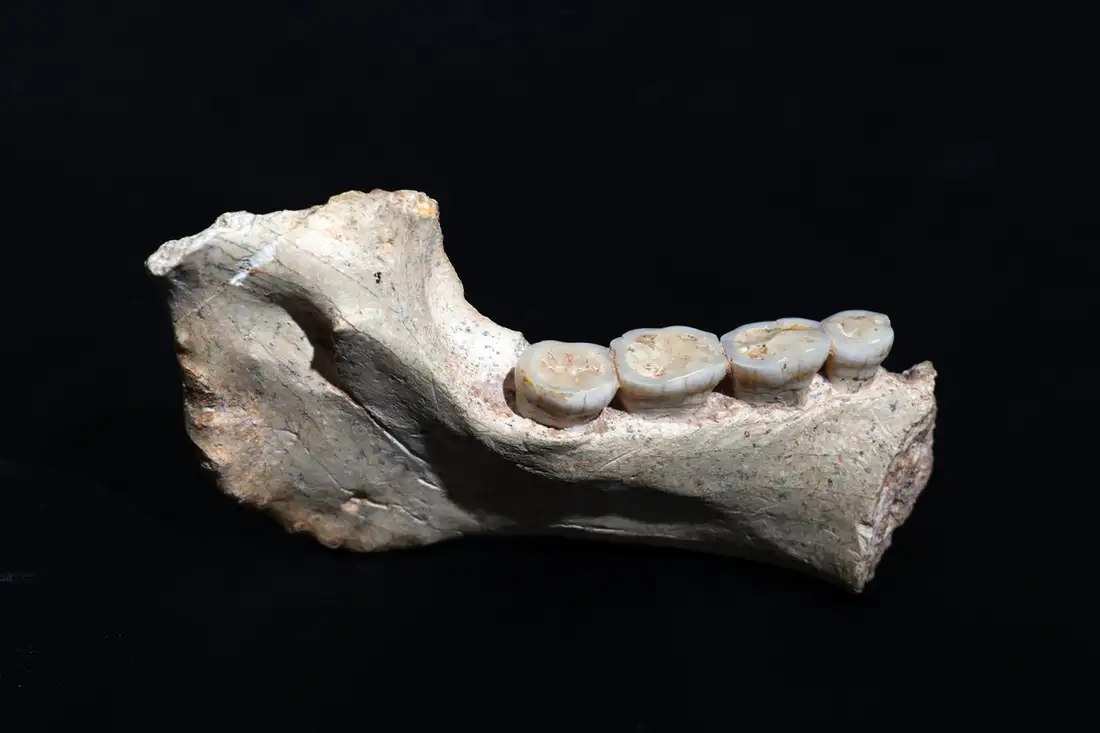In ancient Egyptian civilization, the pharaoh was far more than a political leader—he was viewed as a divine figure. Egyptians believed that the pharaoh was a living god on earth, often associated with gods like Horus during life and Osiris after death. This divine status gave the pharaoh ultimate authority and placed him at the center of both religious and state affairs. His presence was considered essential for maintaining ma’at, the universal balance, justice, and harmony that sustained Egypt.
The responsibilities of a pharaoh extended across many areas. He was the supreme military commander, responsible for protecting Egypt’s borders and expanding its influence through warfare when needed. He oversaw major building projects, including temples, tombs, and monuments, which not only honored the gods but also reinforced his own divine legacy. The pharaoh also played a crucial role in religious ceremonies, acting as the intermediary between the gods and the people. Additionally, he managed agricultural systems, taxation, and the distribution of resources to ensure prosperity throughout the kingdom.
Among the many rulers of ancient Egypt, several pharaohs stand out for their achievements and historical impact. Ramses II, also known as Ramses the Great, is one of the most famous. His long reign was marked by military victories, immense construction projects—including the temples at Abu Simbel—and a period of great stability. He is often remembered as one of Egypt’s most powerful and accomplished rulers.
Another well-known pharaoh is Tutankhamun, who became king at a very young age. Although his reign was relatively short and less politically influential, he is world-famous due to the discovery of his nearly intact tomb in 1922. The treasures found within revealed invaluable information about Egyptian art, culture, and burial practices.
Overall, pharaohs were central to the structure and success of ancient Egyptian society. Their divine status, extensive responsibilities, and lasting monuments demonstrate the unique and powerful role they played in shaping one of history’s most remarkable civilizations.






